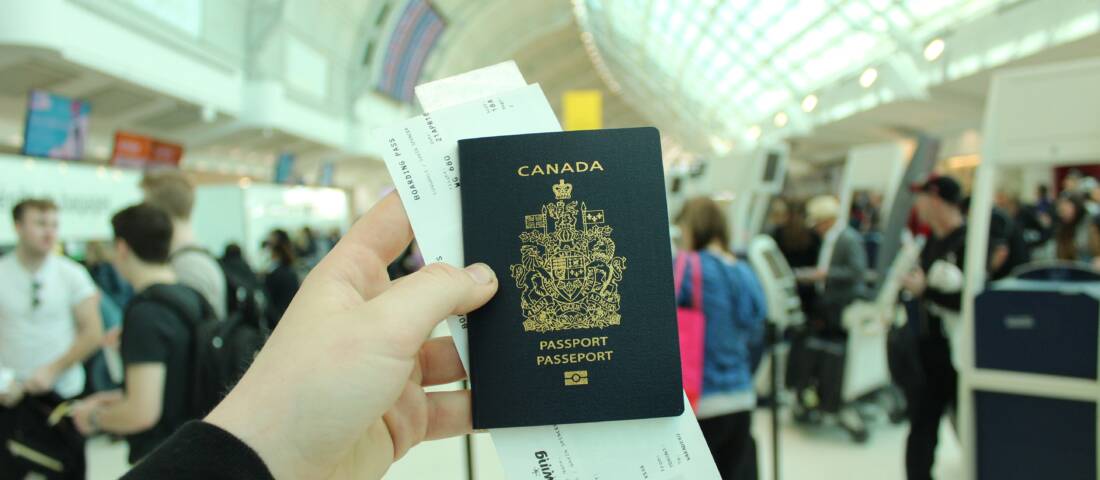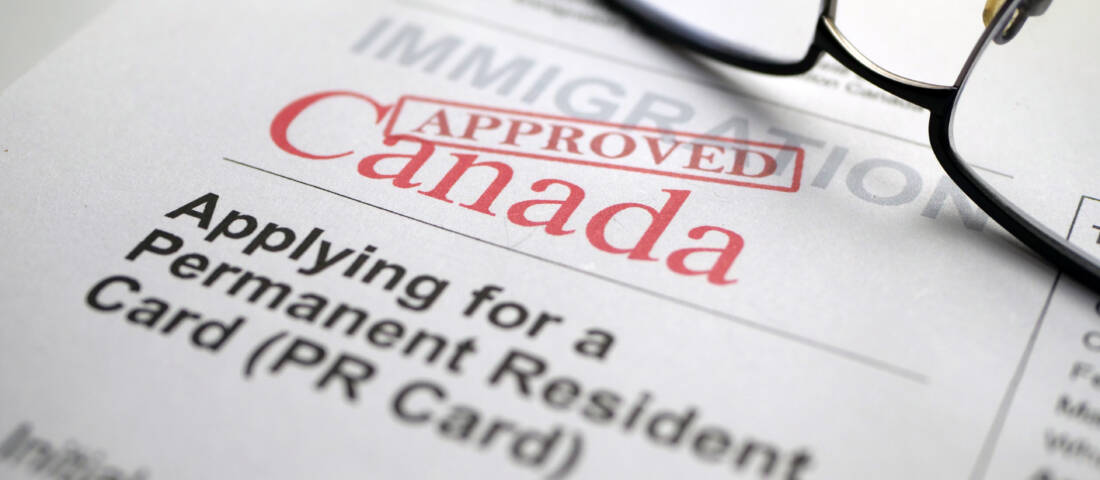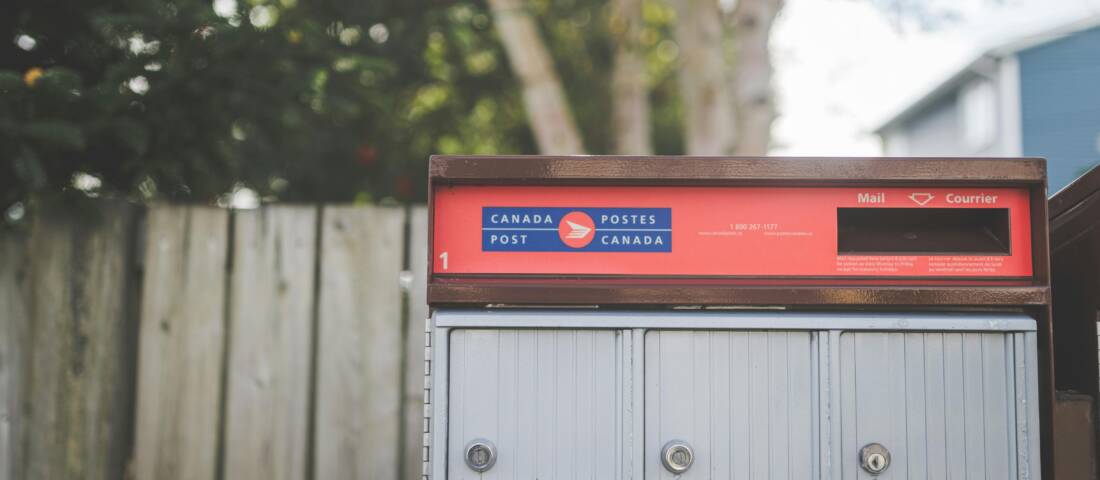Canada has introduced. a new bill to safeguard traveller privacy rights from the examination and seizure of personal digital devices. Personal digital devices may be inspected by Canada Border Services Agency (CBSA) officers and United States Customs and Border Patrol pre-clearance officers operating in Canada to protect Canada's borders and citizens. On March 31, a new bill was introduced in Parliament that would alter the Customs Act and the Preclearance Act, 2016 to protect the rights of travellers and examinations of their personal digital devices.
The new bill will not compromise Canada's ability to secure its borders.
The proposed changes In the bill include:
- Establishing a new threshold that must be met before the initiation of a personal digital device examination, which requires reasonable general concern;
- Creating an authority to examine documents on personal digital devices in the Customs Act and the Preclearance Act, 2016. This is required to differentiate these devices from other goods, including commercially imported/exported digital devices; and,
- Requiring specific purpose that formally limits examinations to regulatory border-related examinations.
Will The New Bill Protect Traveller Privacy Rights?
The proposed legislation will "make it easier for CBSA to seize devices as long as they go through the motions of the new procedures," according to Sergio R. Karas, B.A., J.D., Certified Specialist in Citizenship and Immigration Law and Past Chair, American Bar Association Canada committee Section of International Law. In a recent issue of the ABA International Law News, Karas wrote:
Both CBSA and CBP have broad, sweeping powers to search and seize electronic devices without a warrant. While both agencies have shown willingness to protect attorney-client privilege, and safeguard privacy to the extent possible, the jurisprudence to date permits agents to search and seize electronic devices without a warrant at the slightest suspicion of a violation. It is advisable to store confidential data on remote cloud storage rather on the device itself. For legal counsel, this is the best way to ensure the protection of solicitor-client privilege.
- Privacy Compromised: Searches of Electronic Devices at Ports of Entry
Protect Your Privacy: Know Before You Go
The best option to prevent personal or business data from being compromised is to not travel with it. Realistically, most people travel with personal electronic devices, such as smartphones and laptops. Electronic devices often contain private personal and business data. Business travellers to Canada should take care to protect confidential data by not storing it on electronic devices. If you have questions about protecting your privacy when travelling to Canada, an experienced immigration lawyer can advise you on your rights and best practices for your situation.
Ackah Business Immigration Law is a full-service immigration law firm for business and individual immigration, and has offices in Toronto, Calgary and Vancouver. Contact Ackah Law today at (403) 452-9515 or email us directly.








